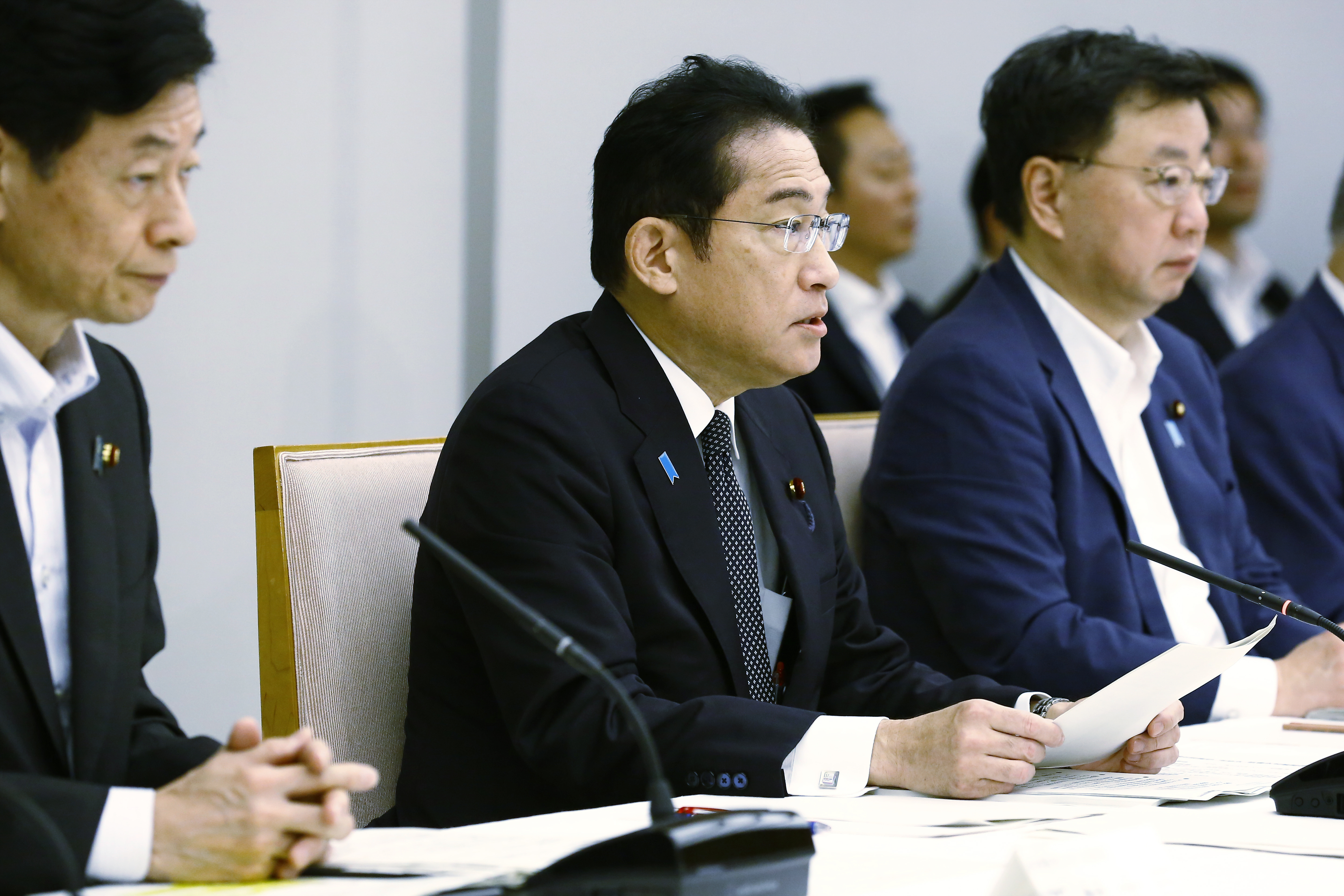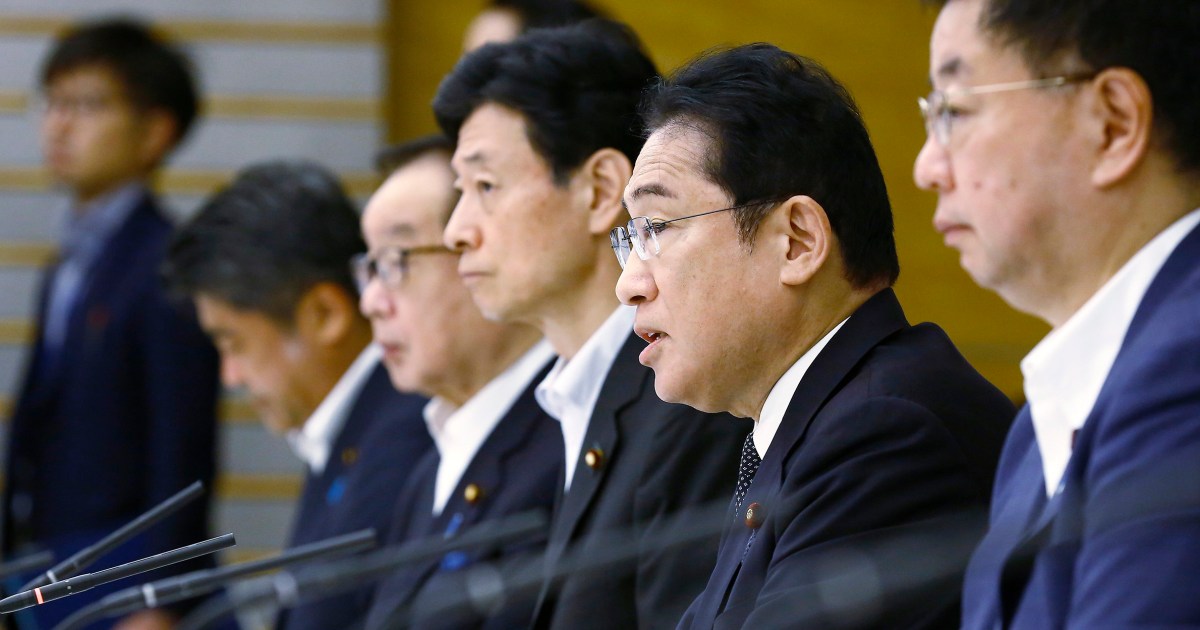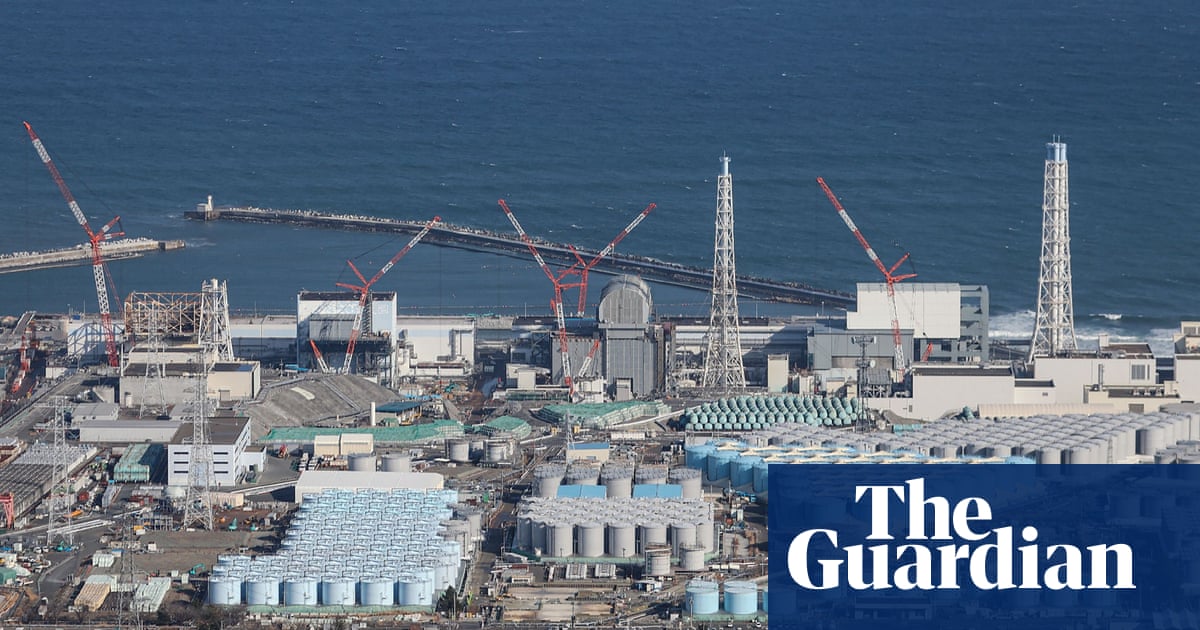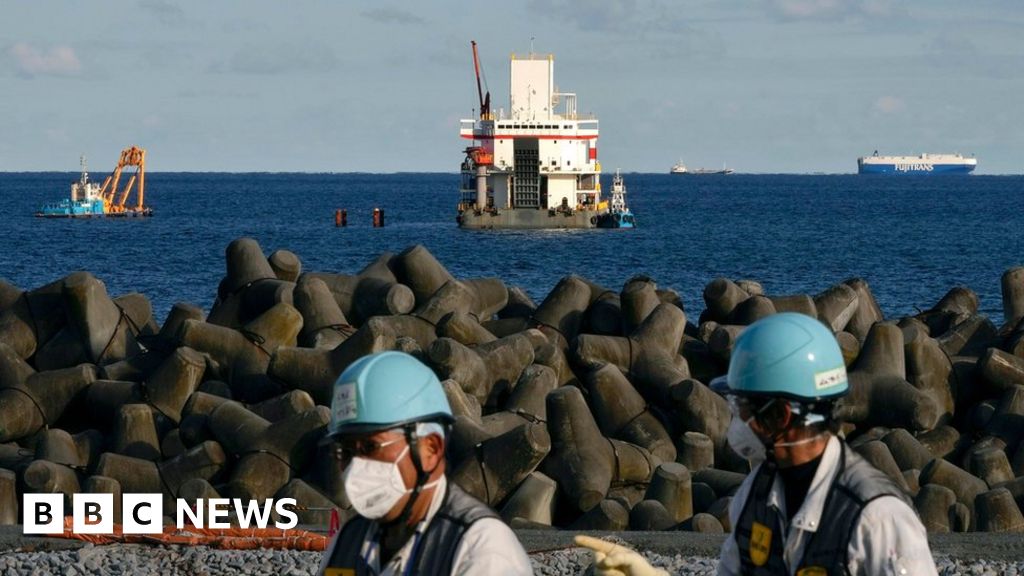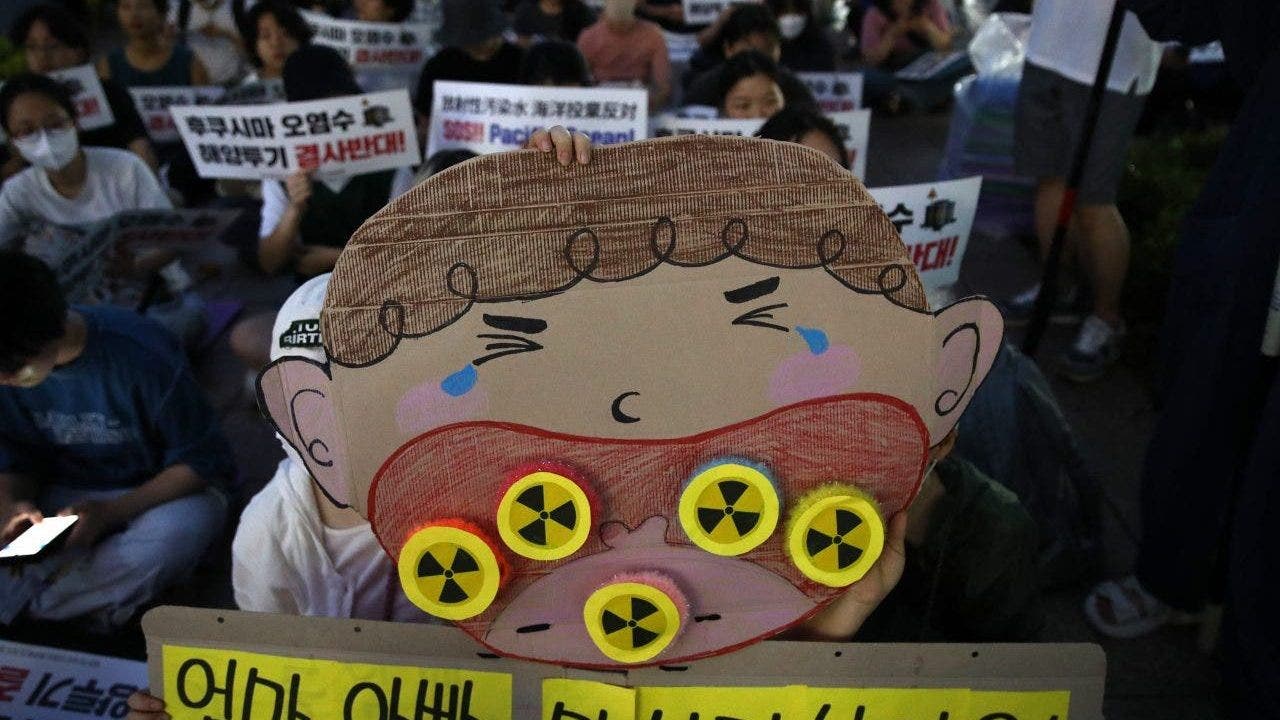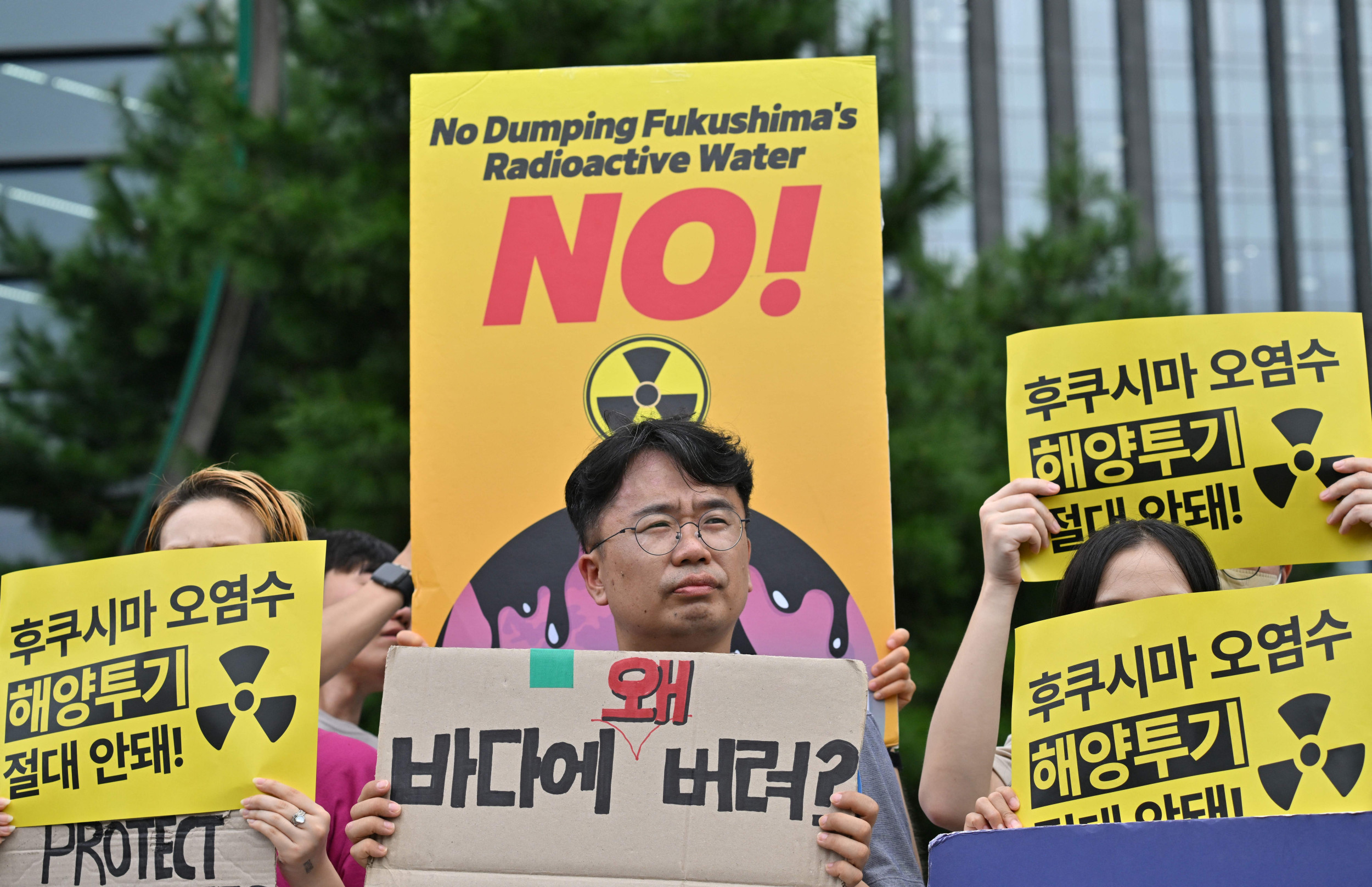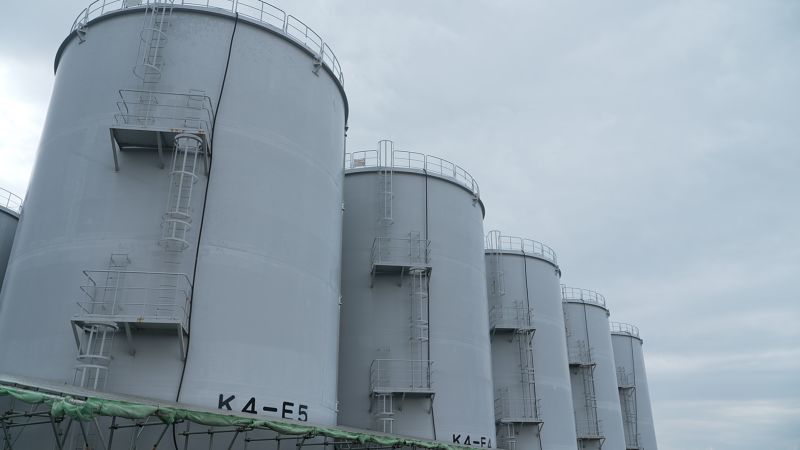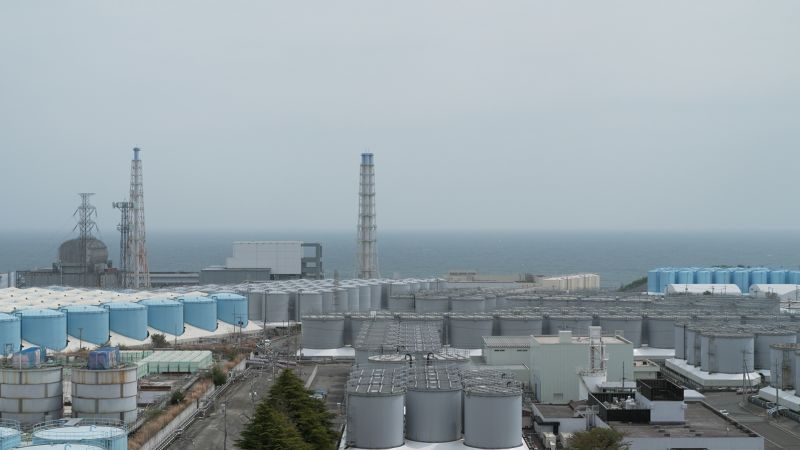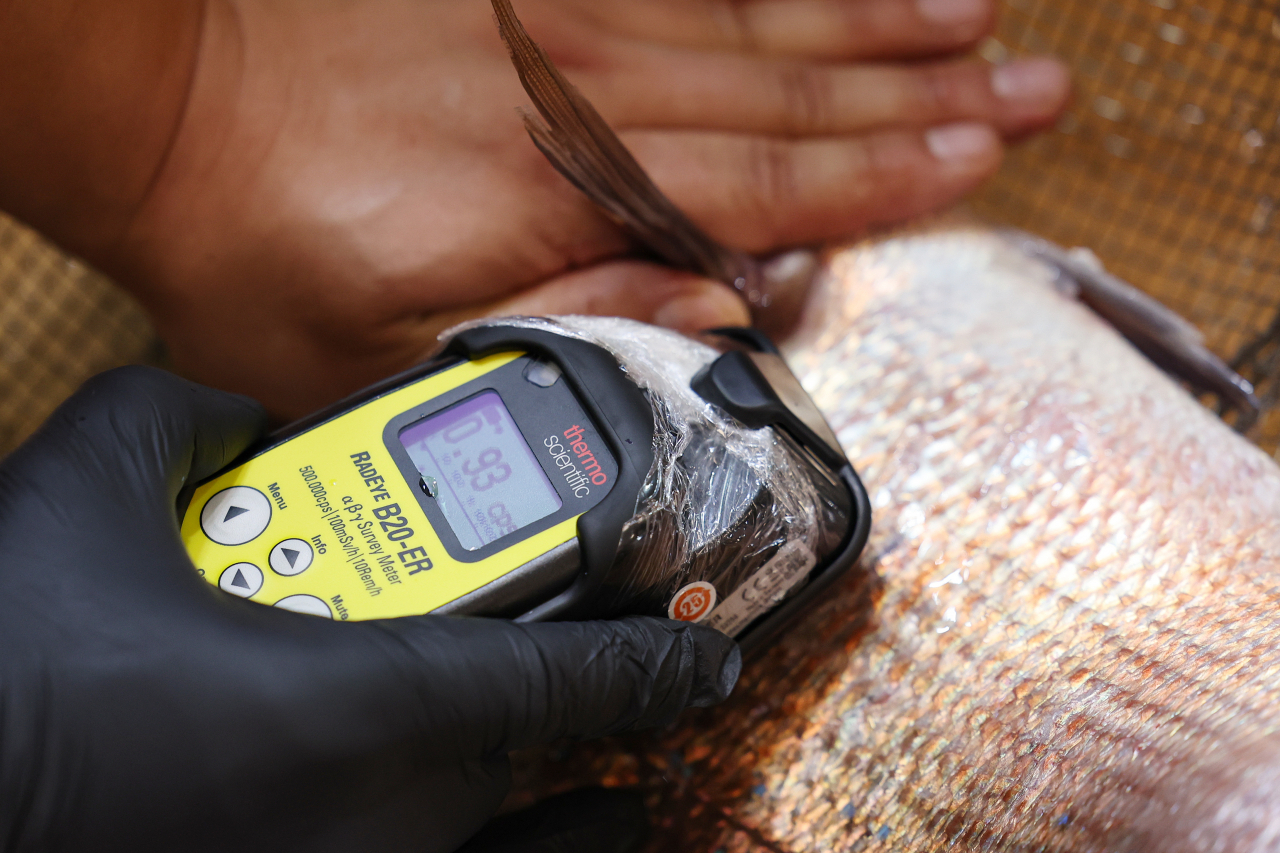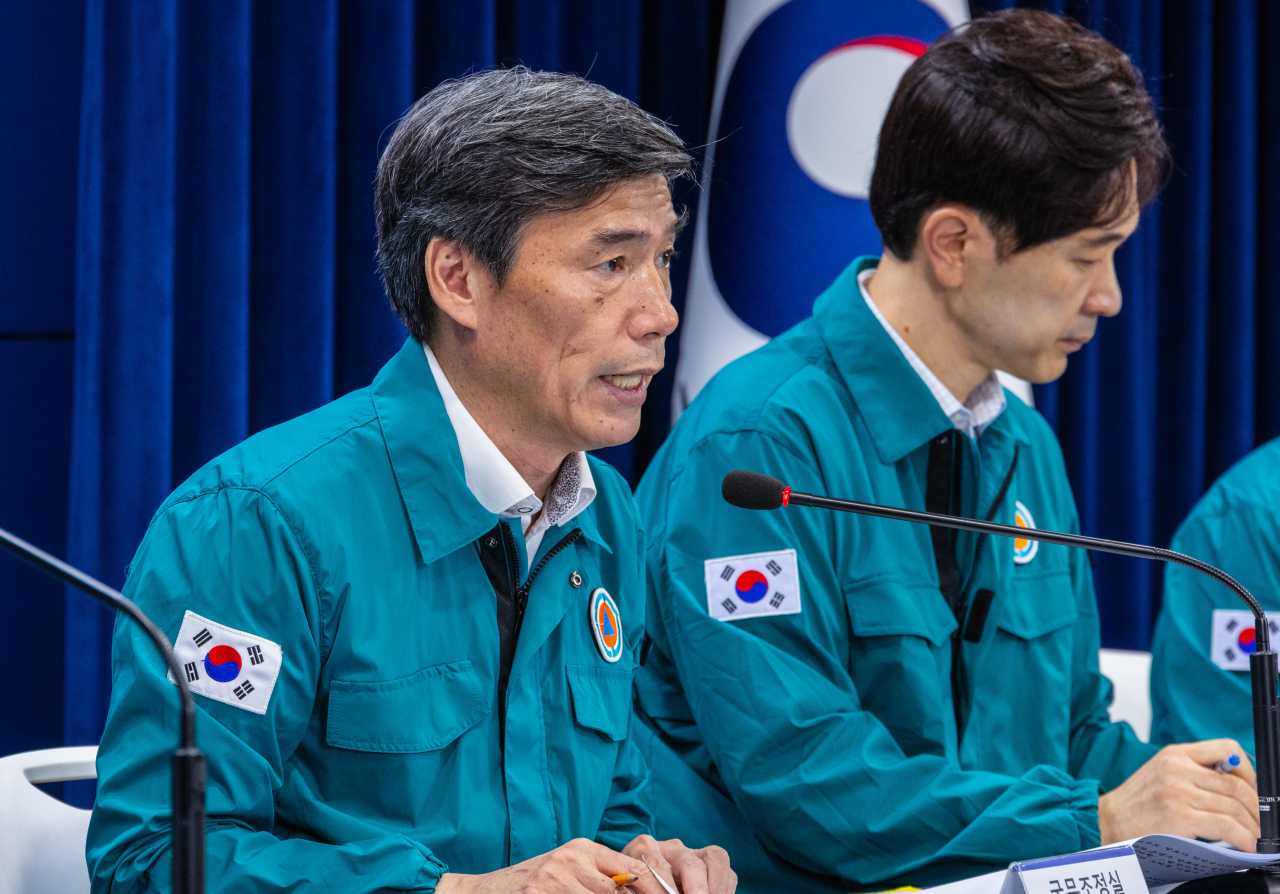The Facts
Japan on Thursday began releasing its treated radioactive water from the Fukushima Daiichi nuclear power plant ― which was devastated by the deadly 2011 earthquake and tsunami ― into the Pacific Ocean, prompting China to ban seafood from Japan.
The water is collected and partly recycled as cooling water after treatment, with the rest stored in around 1K tanks, which are already filled to 98% of their 1.37M-ton capacity.
The Spin
Pro-establishment narrative
A more accurate understanding of the plans to discharge Fukushima water is starting to prevail internationally. The IAEA has thoroughly assessed Japan's intentions and confirmed that the release would have a negligible impact on the environment and human health. The only contaminated element left in the treated water will be tritium, at a concentration well below internationally approved levels. Neighboring countries and industry heads must stop fear-mongering over these plans.
Establishment-critical narrative
This release could result in a significant blow for a fishing industry already dogged by the stigma of radioactivity. South Korean opposition leaders have accused Pres. Yoon Suk Yoel of disregarding the health risks posed by discharging radioactive waste for the sake of diplomacy. Pushing ahead with these plans will likely backfire on Japan's government, hurting the nation's image abroad while making relations with China more challenging in the near future.




